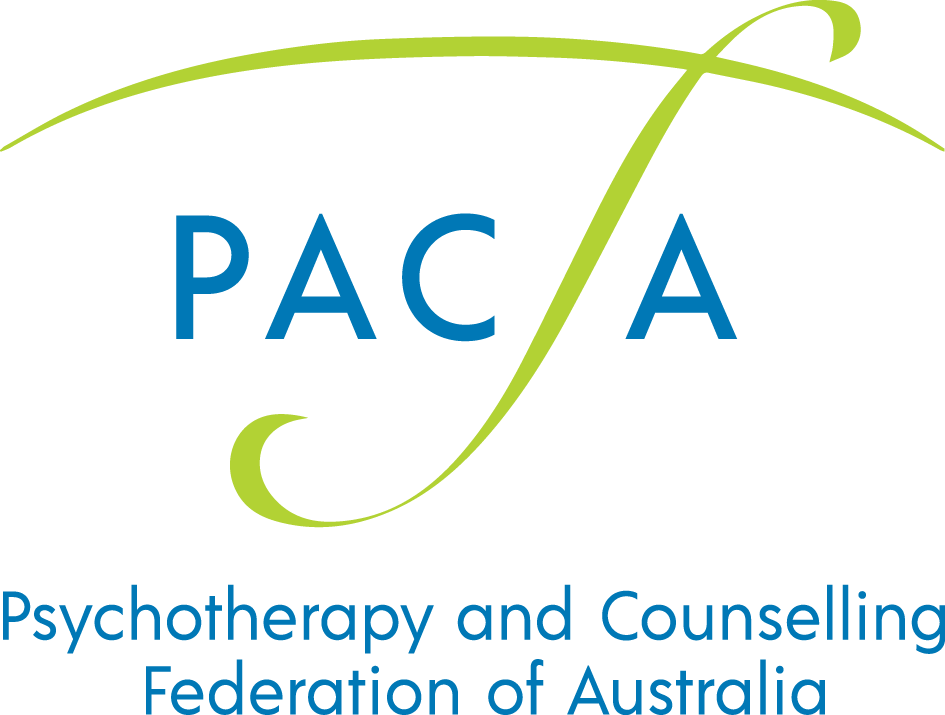The Red Chair Therapy Blog
Intriguing Discussions & Company Updates
Welcome to the Red Chair Therapy blog! This is a space where we keep you in the loop with our latest company happenings and discuss current topics in our field. For more information on any of the topics covered in our blog, please reach out to Carol-Anne and our team on 0417 944 187.


















